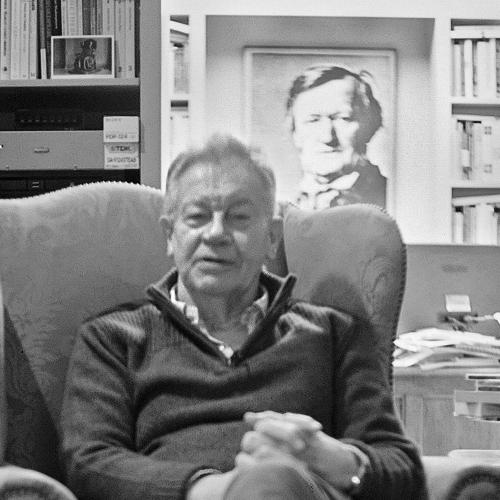COMPOSERS: Verdi
LABELS: ICA Classics
WORKS: La traviata
PERFORMER: Maria Callas, Marie Collier, Lea Roberts, Cesare Valletti, Mario Zanasi, Dermot Troy, Forbes Robinson, Ronald Lewis, David Kelly; The Covent Garden Opera Chorus & Orchestra/Nicola Rescigno (recorded live, London 1958)
CATALOGUE NO: ICAC 5006
Violetta in La traviata was Callas’s second-favourite role. Her favourite was Norma, of which she made two magnificent studio recordings, and there are several superb ‘live’ accounts too. La traviata was less fortunate. She only made one studio recording of it, and with inadequate partners and feeble conducting it is not a success.
There are several ‘live’ accounts, of which EMI has issued two: of those, her greatest performance was undoubtedly with Carlo Maria Giulini at La Scala in 1955, when she was at her absolute peak. But the sound is not good, especially in the second half, and Ettore Bastianini is a dull Germont. The 1958 Lisbon performance is better cast, but also in moderate sound (though much better on Pearl).
This performance from Covent Garden is in better sound than any of the others, and though it has been issued on various labels, this ICA Classics recording is the best I have heard. Even so, it is by no means hi-fi, though it improves as the opera proceeds. The two male leads are both good, Cesare Valletti an ardent yet accurate Alfredo, while Mario Zanasi makes Germont as interesting a character as the music allows, and less wholly detestable than the role often seems.
To begin with Callas is on edgy form, and some of her high notes are strained and incipiently wobbly. But after Act I, in which she still does many wonderful things, her performance is on a level which no other soprano compares with. The scene with Germont is overwhelming, and her immense affirmation of love to Alfredo is almost unbearably intense.
In the last Act it is a question of how closely, as a listener, you can bear art to approach life – she sounds as if she is dying, you almost feel ashamed to be witnessing it. This is art at its absolute limit, and a unique document. Michael Tanner
